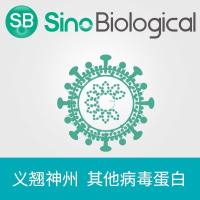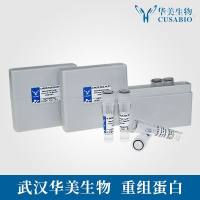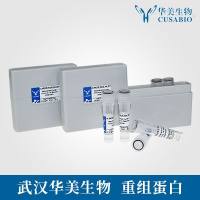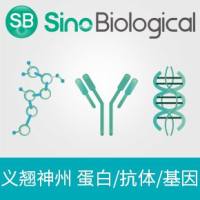High-Titer Stocks of Adeno-Associated Virus from Replicating Amplicons and Herpes Vectors
互联网
互联网
相关产品推荐

Lentivirus Packaging Vectors Set A
¥1299

Capsid L1重组蛋白|Recombinant Human Papilloma Virus type 16 (HPV 16) L1 protein (VLP)
¥3220

Rep78/Rep78蛋白Recombinant Adeno-associated virus 2 Protein Rep78 (Rep78)重组蛋白/蛋白
¥2328

PVRL2/PVRL2蛋白Recombinant Human Nectin-2 (PVRL2)重组蛋白Herpes virus entry mediator B Short name: Herpesvirus entry mediator B Short name: HveB Nectin cell adhesion molecule 2 Poliovirus receptor-related protein 2 CD_antigen: CD112蛋白
¥1344

SARS-CoV-2 (2019-nCoV) Nucleocapsid/N Antibody Titer Assay Kit | SARS-CoV-2 (2019-nCoV) Nucleocapsid/N Antibody Titer Assay Kit
¥5000

